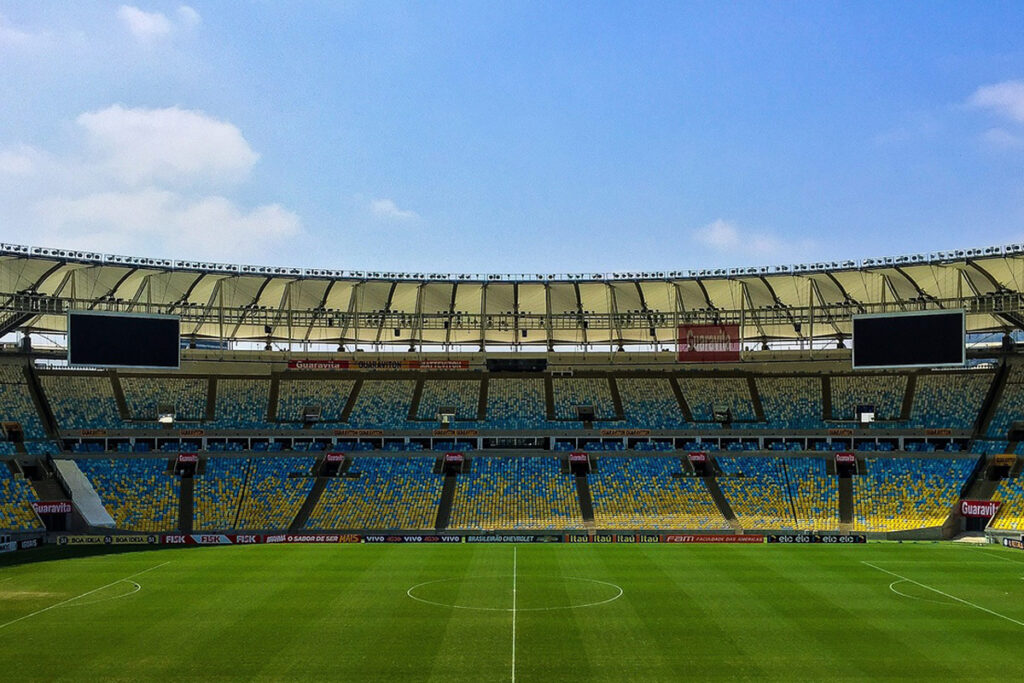Responding to escalating disturbances connected to soccer games, France is weighing the option of enacting a travel restriction for supporters attending away fixtures. This consideration follows a heart-wrenching episode where a fan of Nantes was fatally injured prior to a game against Nice, a consequence of a confrontation among supporters. This incident has sparked a countrywide dialogue on how to secure soccer events and whether more rigorous rules are necessary.
The country’s Sports Minister, Amelie Oudea-Castera, is a key proponent of these severe actions. The ministry is concentrating on limiting fans’ travel, particularly for matches with a high risk of conflict, to decrease the chance of confrontations. This plan is based on France’s current approach to high-risk games, like the intense matches between Paris Saint-Germain and Marseille, where traveling fans face restrictions.
Nonetheless, the suggested comprehensive travel prohibition faces opposition. Supporter groups might contest the policy, arguing it infringes on their basic right to move freely. Balancing public safety with individual rights remains a pivotal issue in this controversy.
The increase in violent incidents at French soccer stadiums is part of a broader, worrying trend over recent seasons. Notable occurrences include the interruption of a game in Montpellier due to a firework incident and the attack on the Lyon team bus in Marseille. These incidents have raised alarms about safety for players and fans alike and have put immense strain on law enforcement.
Globally, soccer hooliganism is a widespread issue, with similar clashes involving fans and police in countries like Germany, where incidents with Eintracht Frankfurt fans have occurred.
The current situation in France revives unpleasant memories of a period riddled with rampant hooliganism in soccer. The demise of the Nantes fan echoes previous tragedies, including the deaths of PSG supporters Julien Quemener in 2006 and Yann Lorence in 2010, and the fatal assault on Toulouse fan Brice Taton in Belgrade in 2009.
As France confronts the challenge of securing its soccer games, the government’s response is under scrutiny. The proposed travel ban could mark a significant turn in addressing soccer-related violence. While it aims to prevent future tragedies, it also raises crucial questions about balancing security measures with the rights and freedoms of supporters. In moving forward, France’s deep affection for soccer is now accompanied by an acute realization of the necessity for heightened alertness and responsibility in its enjoyment.


